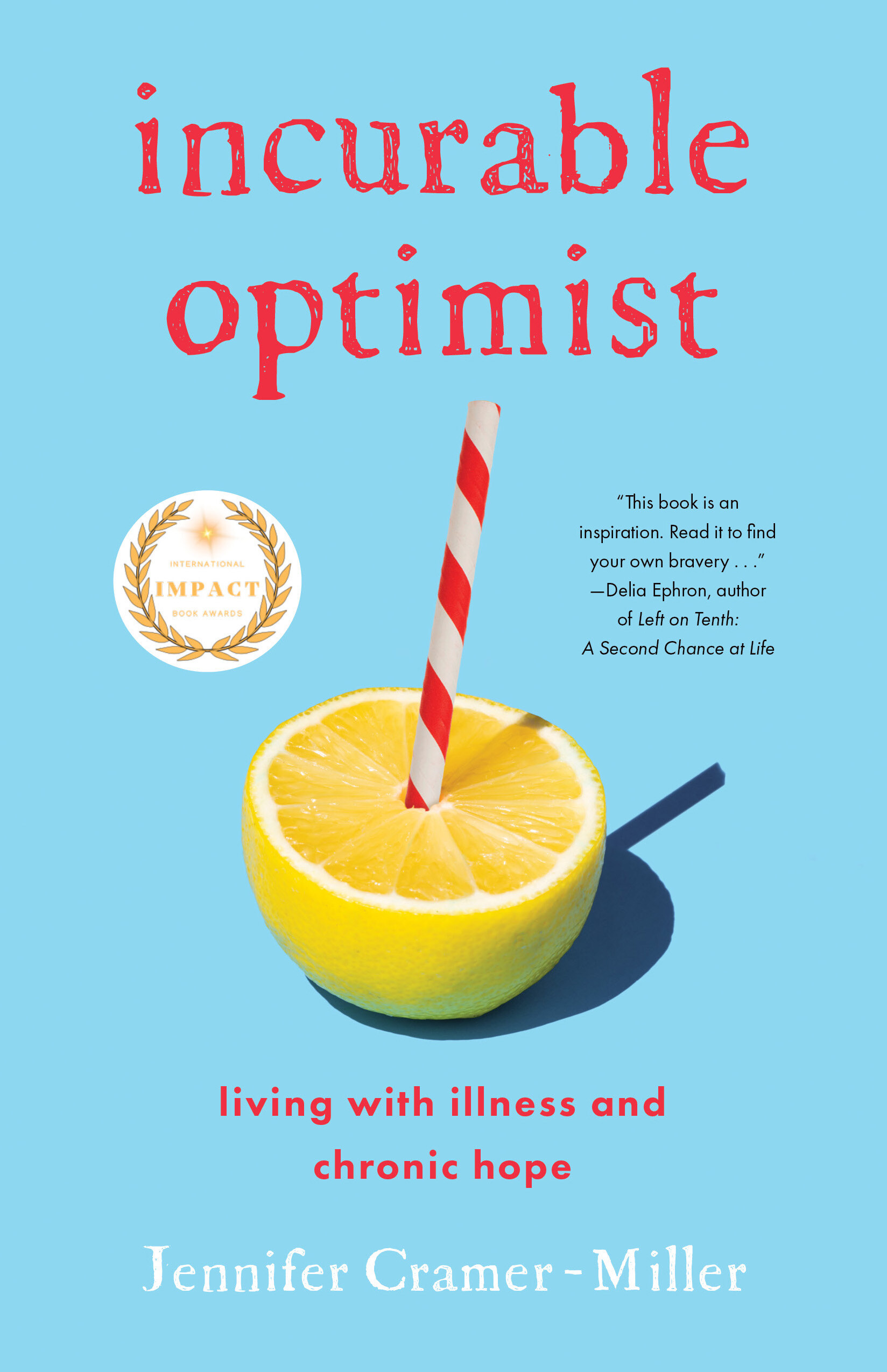Three decades ago, at twenty-two, I received a dire autoimmune kidney diagnosis. I felt ripped from my rightful place in the world when chronic illness saddled on as my forever companion.
Eventually, this quote from philosopher Joseph Campbell inspired my direction. “We must be willing to let go of the life we’ve planned, so as to accept the life that waits for us.” Moving forward meant accepting life’s range of beauty and bummers. And my best tool to clarify the chaos? My journal.
How Journaling Helps Me Navigate Life
An Inside Mirror: Checking your outside appearance in a mirror is insightful—is my necklace lopsided? Is my shirt crumpled? Writing in a journal also acts as a mirror of sorts, a reflection of your inside self. I write to reveal my inner thought process, my priorities, and my perspective.
An Unfiltered Voice: In today’s reality, with performative and outward facing social media—a journal provides a refreshing counterpoint. With an unfiltered voice, absent an audience, you’re free to excavate deep emotions.
A Word Photograph: As the author of a memoir, Incurable Optimist: Living with Illness and Chronic Hope, readers often ask me, how did you remember so many details? It wouldn’t have been possible without my journals. Thoughts on lined pages become a scrapbook of word photographs, allowing me to revisit past events with vivid detail.
Capture the Circle of Change: My father was in his 50s when I received my diagnosis in my 20s. I wrote details of how he acted like a take charge CEO to help guide my care. Now, he’s in his 80s, and my journal describes how we manage his medical care. I cherish how my journals become memory keepers. The pages contain the layered versions of the special people in my life, and of myself, like Russian nesting dolls. My journals capture how we cycle through changes, continually entwined and connected.
Clarify the pain points: When emotions barrel through my brain like a freight train, it’s quite noisy! I turn down the volume when I unleash an avalanche of thoughts on pages. Sometimes, writing fast and furious, tears pool and rain down my cheeks. That’s when I know I’ve triggered the pain point, like buried treasure. The unveiling offers a calming clarity.
Dammit Dump: I’m an optimistic person (an incurable optimist) but that doesn’t mean I deny the hard stuff. It’s important to acknowledge hardships with honesty because if I try to bat them away, they gain strength, fly back, and smack me like an aggressive boomerang. So, I reserve a section in my journal, a “dammit dump.” It provides a garbage can for anger, aggravations, bummers, crabbiness, disappointments, and despair. After spilling these emotions in my unfiltered voice, I imagine tossing them out.
Seeking One Lovely Thing
We hold different things in our two hands—hopes and joys in one, and hardships in the other. In my journal, as in life, I seek balance. So, as a reversal from the dammit dump, I devote a journal section to appreciate one lovely thing a day. This practice forces me to notice the miracle of bursting spring buds, the ripeness of an avocado, the laughter shared with my daughter, a pup’s affection, and a knock-out meal. When you pay attention to lovely everyday moments, they pop up all around you. This journaling practice boosts my optimism as I continue to manage uncertainty, hold on to hope, and seek joy.
ABOUT THE AUTHOR:

Jennifer Cramer-Miller is the author of Incurable Optimist: Living with Illness and Chronic Hope, and the creator of the One Lovely Thing Journal.


Leave Comment